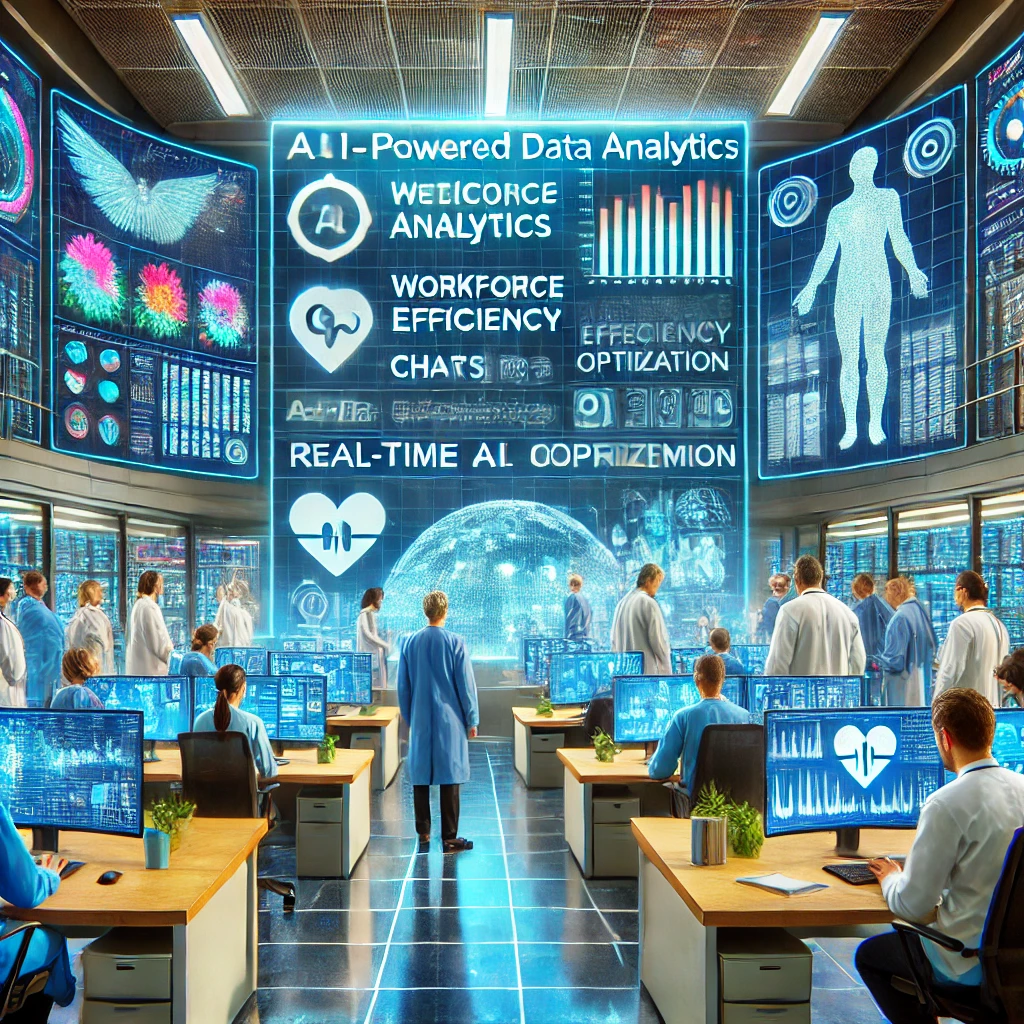AI and data science leading healthcare management revolution

The healthcare industry stands on the brink of a data revolution, with artificial intelligence (AI) and data science leading the way in optimizing management and operational efficiency. Healthcare organizations generate vast amounts of data daily, yet many still rely on outdated management models that fail to leverage predictive analytics and machine learning insights.
A new study published in Algorithms explores the potential of data science in the management of healthcare organizations, highlighting how AI-powered tools can revolutionize leadership, teamwork, and work engagement in hospitals and medical institutions. The research, titled "Data Science in the Management of Healthcare Organizations", introduces an AI-based decision-making framework that evaluates healthcare workers' perceptions, organizational efficiency, and leadership effectiveness through a data-driven approach. By integrating AI with Knowledge Representation and Reasoning (KRR) and entropy-based analytics, the study demonstrates how data science can bridge technological advancements with human-centric management strategies to improve healthcare performance.
By analyzing structured questionnaires and entropy-based efficiency metrics, researchers developed an AI-driven system capable of assessing leadership effectiveness, teamwork engagement, and overall organizational performance. The study found that healthcare organizations with data-driven decision-making models experienced increased staff satisfaction, improved workflow efficiency, and better adaptability to dynamic healthcare challenges.
One of the key findings of the study is the impact of AI-driven leadership models in enhancing healthcare operations. The research suggests that hospitals that incorporate data analytics into leadership strategies experience higher workforce engagement and lower burnout rates. AI-powered predictive analytics can help hospital administrators detect inefficiencies in workflow, staffing shortages, and even patient demand trends, leading to proactive decision-making rather than reactive crisis management.
Teamwork, a critical component of healthcare success, also benefits from AI integration. The study found that machine learning models can predict collaboration patterns among healthcare professionals, helping managers identify areas where communication breakdowns occur. With AI-enhanced collaboration tools, medical teams can streamline patient care, improve diagnostic accuracy, and foster a more cohesive work environment.
Workforce engagement has long been a challenge in healthcare, with staff burnout and job dissatisfaction impacting performance. AI and data-driven strategies allow for real-time sentiment analysis and workforce adaptability tracking, ensuring that healthcare professionals receive the necessary support, workload balance, and professional development opportunities.
While AI and data science provide unparalleled opportunities in healthcare management, their integration is not without challenges. The study underscores the importance of ethical AI implementation, as data-driven models must ensure transparency, fairness, and privacy protection for healthcare workers and patients.
Additionally, there is a need for ongoing AI literacy and training for healthcare administrators and professionals. Ensuring that medical teams can interpret AI-generated insights correctly is crucial for preventing misuse of data and enhancing the overall effectiveness of AI-driven management.
Another concern raised in the study is the potential over-reliance on AI for decision-making. While AI can significantly improve efficiency, human oversight remains essential in critical healthcare scenarios. The authors advocate for a hybrid model, where AI-powered recommendations are combined with human expertise and ethical considerations to ensure optimal patient care and workforce management.
Future advancements will likely focus on real-time AI-powered decision support systems, automated predictive analytics, and integrating AI with electronic health records (EHRs) to create a fully interconnected and responsive healthcare system.
- FIRST PUBLISHED IN:
- Devdiscourse










